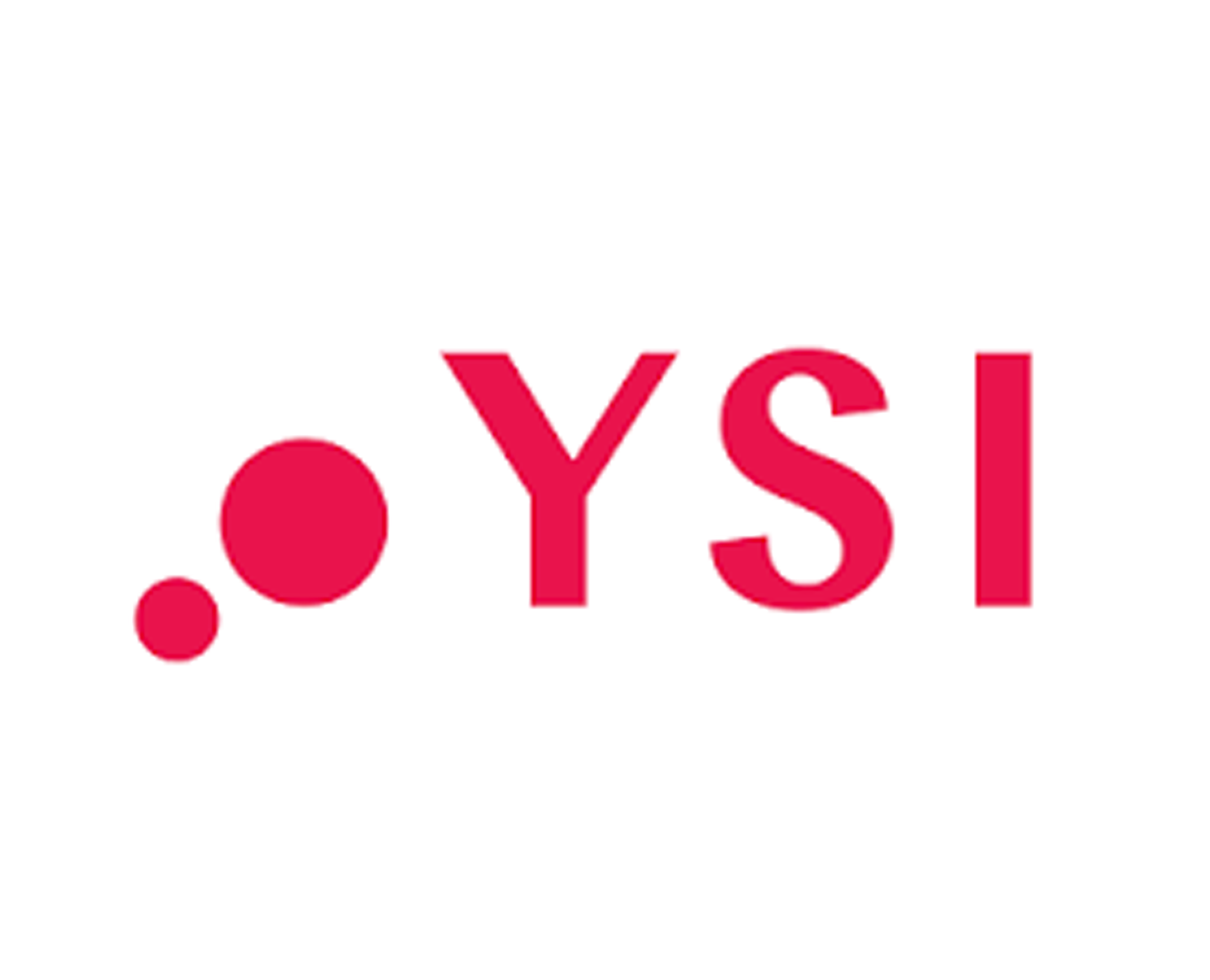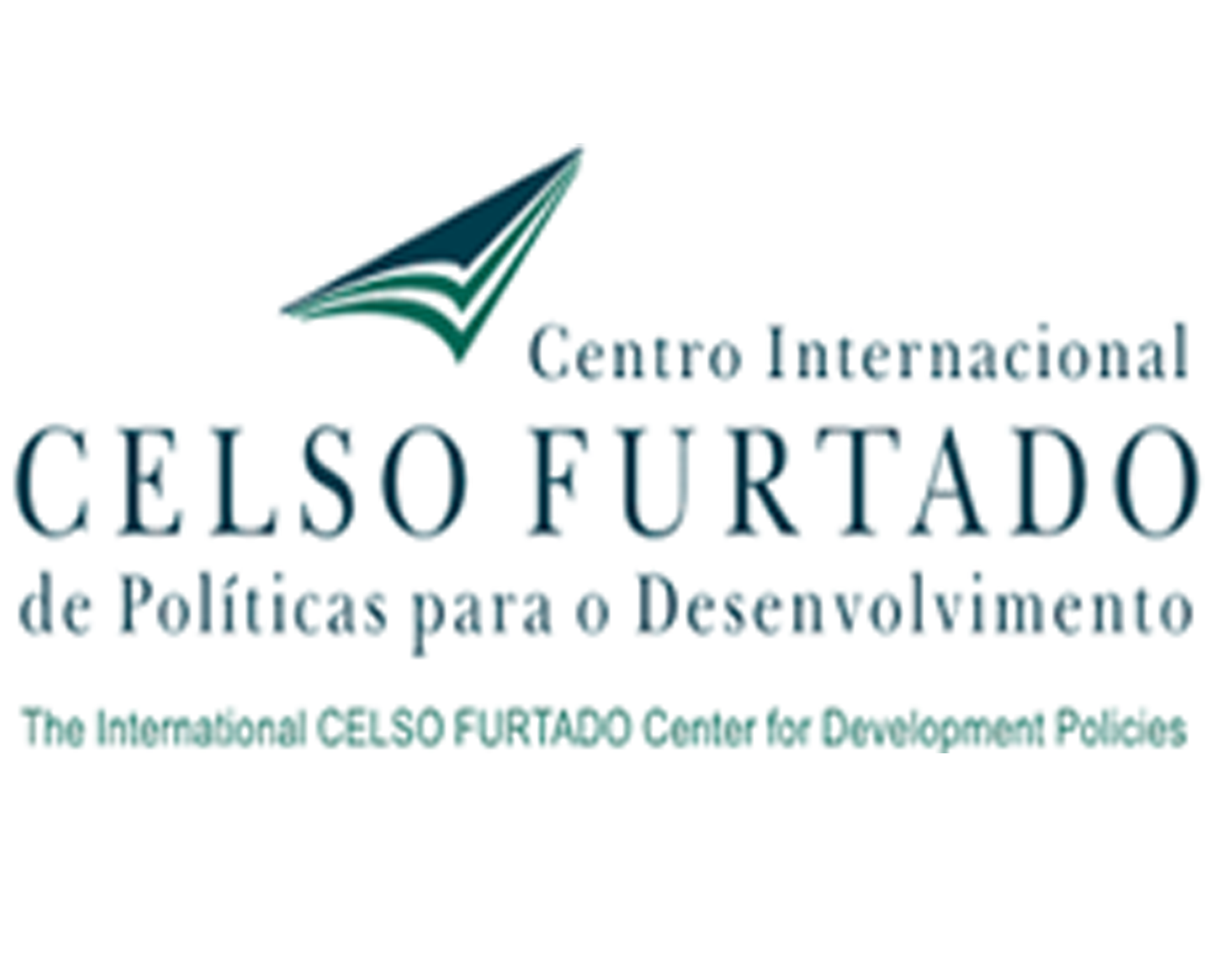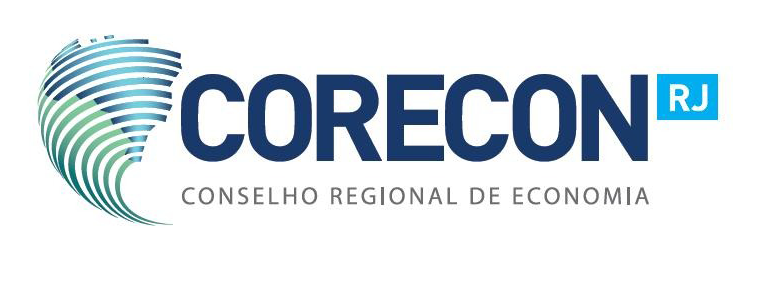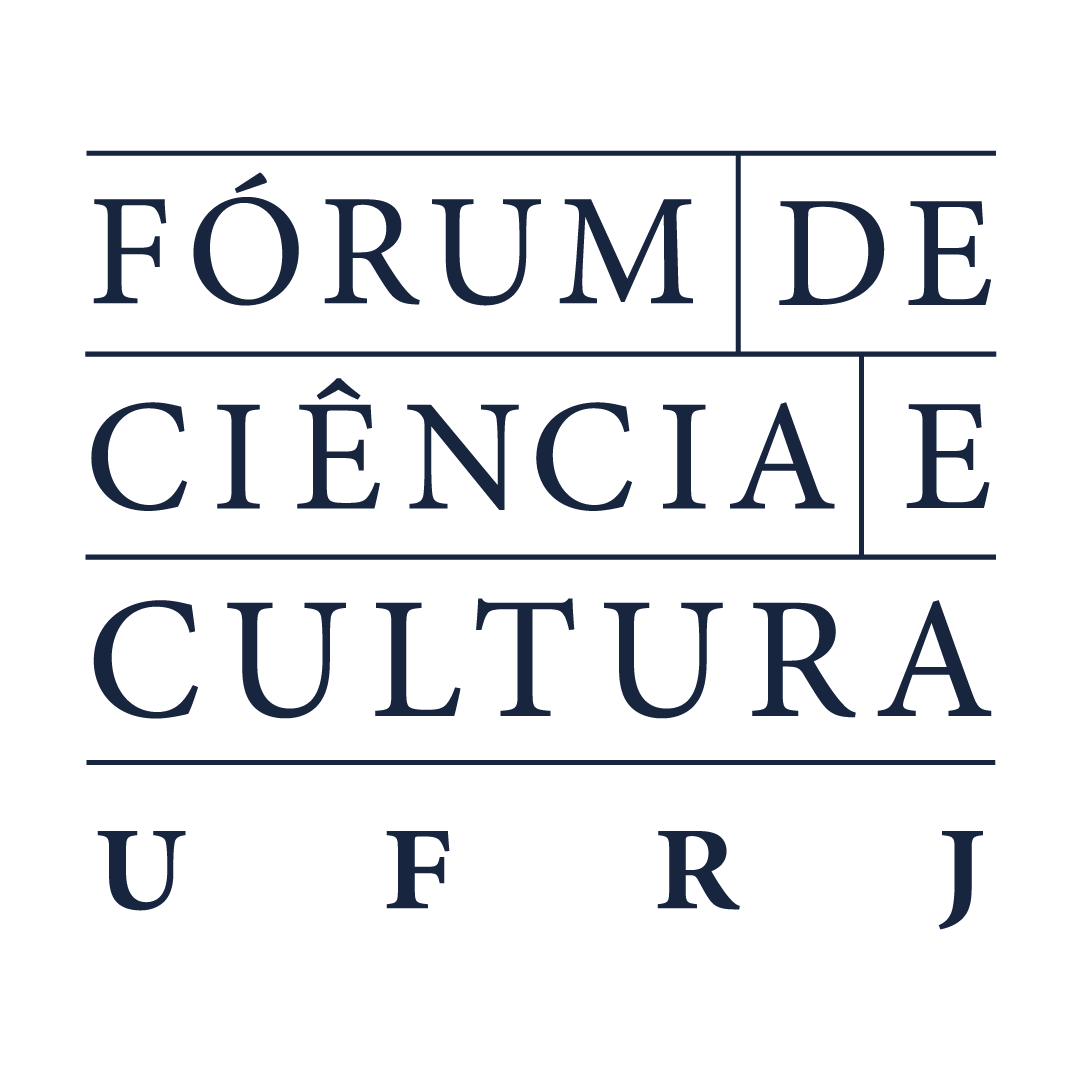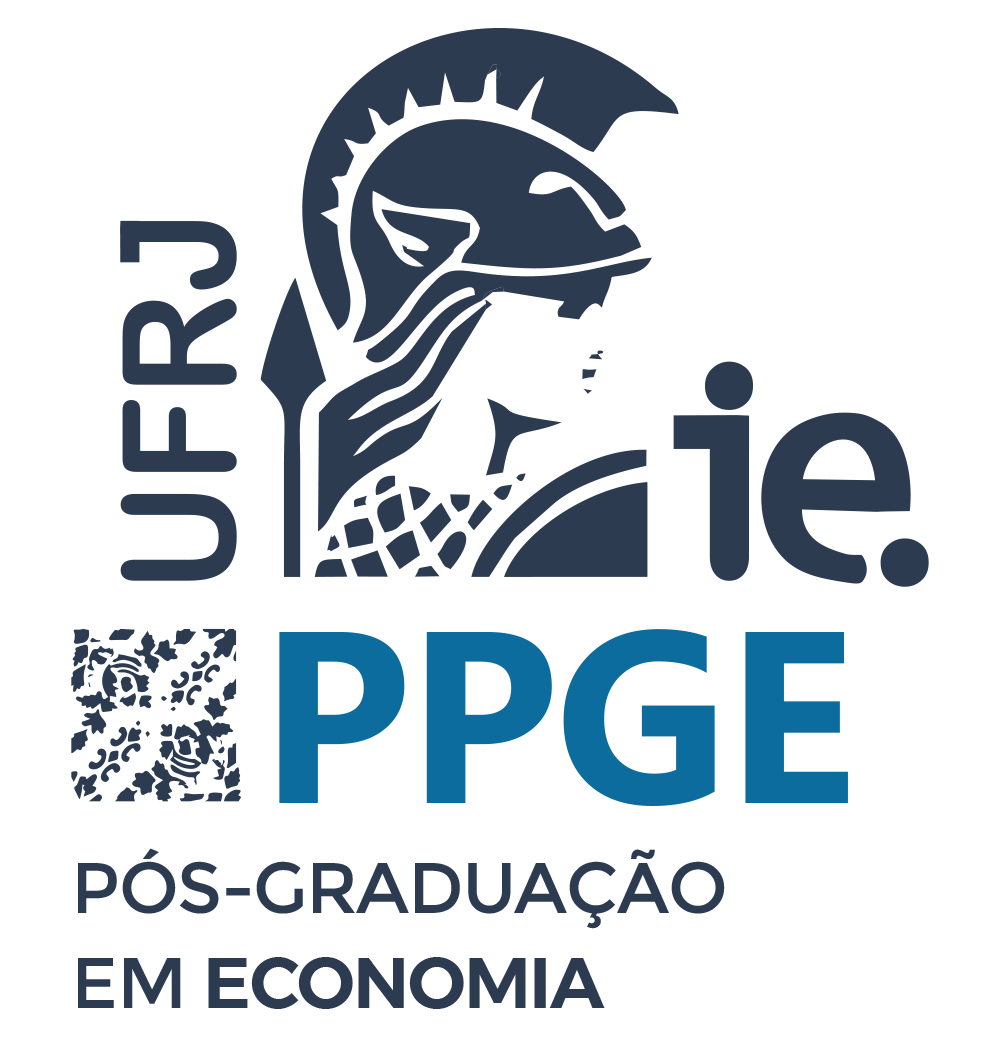4th INTERNATIONAL WORKSHOP ON DEMAND-LED GROWTH: MONEY AND FINANCE
July 26-27, 2023
PRE-CONFERENCE ON STRUCTURALISM, CLASSICAL POLITICAL ECONOMY AND DEMAND LED-GROWTH
(co-organized with Centro Celso Furtado and YSI)
July 24-25, 2023
The Workshop and the Pre-Conference will be held in person at the Instituto de Economia - Federal University of Rio de Janeiro
Universidade Federal do Rio de Janeiro
Sponsored by the Review of Political Economy
Schedule: TBA
INVITED SPEAKERS: Marc Lavoie (University of Ottawa), Omosalewa Olawoye-Mann (York University), Seeraj Mohamed (South African Parliamentary Budget Office), Louis-Philippe Rochon (Laurentian University), Anick Yaha (Bank of Canada), Enrico Sergio Levrero (University of Roma Tre), Maria Nikolaidi (University of Greenwich), Julia Braga (UFF), Franklin Serrano (UFRJ).
CALL FOR PAPERS
April 15: submission deadline
May 15: notification of selected papers.
"The author(s) of the selected papers can send a final version by July 10. The final version of the selected papers will be shared among the workshop participants."
There are many possible interrelations between demand-led growth and monetary and financial elements that are explored in the heterodox tradition: The effect of financial and credit conditions, indebtedness, and speculative bubbles to demand expansion, as well as the long-lasting effects of financial crisis; The role of money and finance to income and wealth distribution and its interrelations with growth; The political economy of financialization and its relations with austerity and stagnation policies; International capital flows, balance of payments constraint and macroeconomic policy space, among many others.
All these themes are related with the research lines of the Group in Political Economy at the Institute of Economics of the Federal University of Rio de Janeiro, which follows the Sraffian framework proposed by Garegnani to make the Keynesian-Kaleckian principle of effective demand compatible with the classical surplus approach. For our Group, growth is demand-led and policy (often balance of payments) constrained. In succession, inflation is a cost-push political economy phenomenon dependent upon conflicting claims over income distribution. Within this framework, macroeconomic policies are fundamental to growth, inflation, and income distribution. In capitalist economies, these policies arise from institutional arrangements as well as political power relations. The Research Group in Political Economy considers that constructing policy-relevant analysis and theoretical and applied models to better understand advanced and developing countries’ actual performance demonstrates this theoretical approach’s soundness.
Given the approach taken by the Group and in the context of the intensification of dialogue and convergence among some Post-Keynesians, Kaleckians, Kaldorians, practitioners of Modern Monetary Theory, and Sraffians, the goal of the 2023 Edition of the Workshop is to strengthen this promising trend by promoting a constructive and policy-relevant debate among these strands of critical thought. Other heterodox approaches to economics are also welcome and encouraged in fostering new contributions concerning demand-led growth analyses, models, and their multiplicity of relations with monetary and financial elements.
The Review of Political Economy (ROPE) is sponsoring the workshop and is promoting a special issue exploring the interrelations between the supermultiplier and the theory of endogenous money. ROPE will also encourage a selection of presented papers to be submitted to the journal. The Social Sciences and Humanities Research Council (SSHRC) from Canada is also sponsoring the workshop with a grant received by Salewa Olawoye-Mann (York University). Centro Celso Furtado and YSI are also sponsoring the workshop and will co-organize a Pre-Conference.
We encourage submission that broadly fall within the topics of the conference, and in particular on the relationship between the supermultiplier and endogenous money. The Workshop intends to provide an opportunity for its participants to discuss these issues’, focusing on monetary and fiscal policies and theory related to the financial system and long-term demand-led growth.
ARTICLES THAT BROADLY FALL WITHIN THE FOLLOWING TOPICS ARE WELCOME:
- Structuralism, classical political economy and demand led-growth
- Demand-led growth, stagnation theories and stagnation policies.
- Demand-led Growth, capacity utilization and labor unemployment.
- Conflict Inflation, personal and functional income distribution.
- Functional Finance and Modern Monetary Theory: implications for monetary and fiscal policies.
- Monetary policy, monetary and financial channels, and its relationship with 'Autonomous Demand'.
- Monetary policy: its relationship with structural change, implications for open economies, and perspectives in a post-COVID world
- Endogenous money, supermultiplier and the monetary and financial determinants and constraints of autonomous demand;
- Endogenous money, supermultiplier and its relations with speculation, bubbles, financial fragility, and financial in/stability;
- Endogenous money, supermultiplier and macroeconomic policies;
- Endogenous money, supermultiplier and its interrelations with the Stock-Flow and the Monetary Circuit approaches and typical post-Keynesian models, for instance, balance of payments constraint, developmentalist, neo-Kaleckian models, and others;
- Endogenous money, supermultiplier and the open economy;
- Analysis of the Decarbonization of the economy through the supermultiplier-cum finance;
- The supermultiplier with endogenous money in a disaggregate (input-output) setting.
Papers must be written in English and contain title, short abstract (maximum 200 words), author's name, institutional affiliation and email address.
We recommend submitted papers to have a maximum number of 8000 words.
Scientific Committee: Gabriel Aidar (UFRJ), Maria Cristina Barbieri Goes (University of Roma Tre), Lídia Brochier (UFRJ), Sylvio Kappes (Federal University of Ceará), Salewa Olawoye-Mann (York University), Nathalie Marins (Unicamp), Louis-Philippe Rochon (Laurentian University), Lilian Rolim (Unicamp), Ricardo Summa (UFRJ), Giuliano Yajima (Levy Economics Institute).
Organizing Committee: Gabriel Aidar (UFRJ), Maria Cristina Barbieri Goes (University of Roma Tre), Carlos Pinkusfeld Bastos (Centro Celso Furtado/UFRJ), Lídia Brochier (UFRJ), Felipe Cornelio (UFRJ), Sylvio Kappes (Federal University of Ceará), Salewa Olawoye-Mann (York University), Nathalie Marins (Unicamp), Louis-Philippe Rochon (Laurentian University), Lilian Rolim (Unicamp), Ricardo Summa (UFRJ), Giuliano Yajima (Levy Economics Institute).
Contact: Este endereço de email está sendo protegido de spambots. Você precisa do JavaScript ativado para vê-lo.

